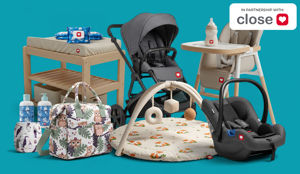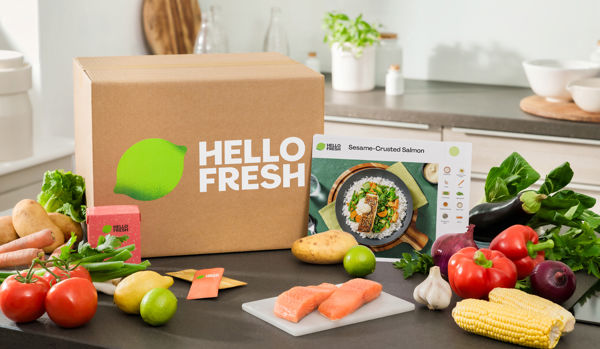One of the most fundamental parts of early parenthood is feeding your baby, however, in the 21st century, there is a growing amount of taboo surrounding how parents should go about doing this. Questions arise such as: is formula feeding okay? Should I breastfeed my baby in public? And will I be judged for how I feed my baby? We want to answer these questions in as simple a way as we can, to give all you new or expectant parents some well-earned peace of mind.
The unfortunate truth of recent times is that people need to have an opinion on everything, whether it be positive or negative. Societal views are everywhere, which is an issue not helped by the rapid growth of social media culture, which has brought with it the side effect of a wide array of stigmas being created surrounding fundamentally normal and everyday issues. In this instance, breastfeeding, or more specifically, whether or not to breastfeed in public.
A great example of this happened recently on the Jeremy Vine Show, where presenter and DJ Ashley James breastfed her six-month-old baby live on air as, very simply, he needed a feed. It was not a pre-planned ‘stunt’ as many viewers have claimed, but fits with Ashley’s ethos and goal to normalise breastfeeding in public and help remove the stigma. Ashley had previously appeared on the Jeremy Vine Show talking about this matter, and strongly debated the matter with journalist Angela Epstein, who was suggesting that breastfeeding was an ‘intimate’ event and thus should be kept out of the public eye, whether that be in person or over social media.
The simple fact of the matter is, that if we were to be ‘feeding’ ourselves or even someone else, whether that be with something liquid or solid, we wouldn’t be made to buy specific clothes or covers just to hide where the food came from, or hide from public view whilst we ate, so why do we therefore, expect that to be the case when it comes to feeding the most vulnerable form of life, a baby.
The same goes for formula feeding, if you were unable or unwilling to feed yourself in a certain way, then you would not be judged for using the next best option, would you? So why do we put such judgment on those who formula feed?
The crux of this issue however is that at a fundamental level, it is your baby, so your instincts and your choices mean more than the opinions of anyone around you. If you decide to breastfeed, then breastfeed however you feel comfortable, if you decide to combi feed, then choose what works best for you, if you choose to bottlefeed, then that’s perfectly fine too. Screw modern views, screw social media and screw the stigmas, it’s your baby, your life, your choice.
If you’re struggling with choosing what to do, or facing judgment about your choice, whether that be online or in person, remember to talk to someone, whether it be your partner or a friend, as parenting is tough, so talking things through with someone can be a great way to clear your mind.
For help choosing what is right for you, read our blog ‘How Will You Feed Your Baby?’.
The more women we see in the media providing food (whether that’s breastmilk or formula) to their baby, the more normal it will become to society. With breastfeeding rates in the UK so low, it’s no wonder breastfeeding in public has such stigma surrounding it. The stigma, the discomfort and the lack of support all work towards women feeling pressured and judged no matter what their choice. A large proportion of women turn to formula within the first 6 weeks of motherhood as a result of a bad latch or stress from not being able to breastfeed and that’s down to lack of support.
Getting the latch right is something many women struggle with. With little to no help from healthcare professionals, an increase in tongue tie rates and other digestive issues such as colic and reflux causing babies to struggle taking or keeping down feeds, all cause undue stress on a new mother. How can we get something right if we’re not told or shown how to do it? Women are put off by stories of painful, chapped nippes, mastitis and clogged ducts. These stories push women towards bottle feeding, but really the stories that we should be hearing are those like Ashley’s - having gone through cluster feeding, mastitis, engorgement, leaky nipples and coming out the other end to very confidently feed her son on live TV.
With more women challenging themselves on this journey, learning how to get the right latch, and showing that breasts and breastfeeding are not there to be over-sexualised, the better. It’s not intimate, it’s food. They’re here for a purpose, and the most natural thing for any of us to do.
These are the stories we need to hear, and get the right support we need to make the choice based on lifestyle and personal choice, not out of fear of failing. We’re not saying it’s at all easy, but the choice should never be out of societal pressure, nor should it be out of fear, and it most certainly should not then be judged once the choice is made. We’re all parents, we’re all new to this, we’re all learning as we go. Rather than judge others for choices that are not the same as your own, we should be lifting each other up, praising each other for doing the best we can and challenging ourselves (not others) to be the best we can be, being the support we all need.







